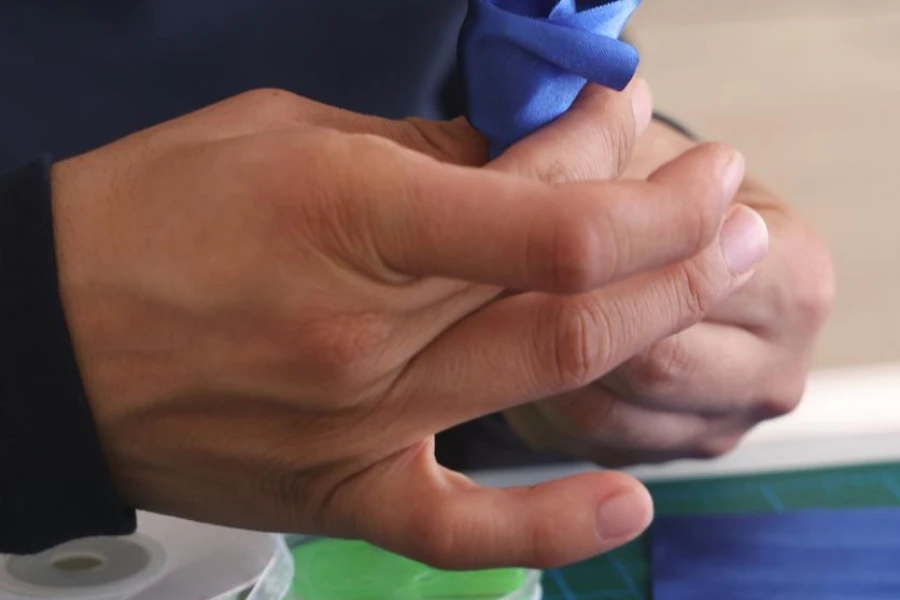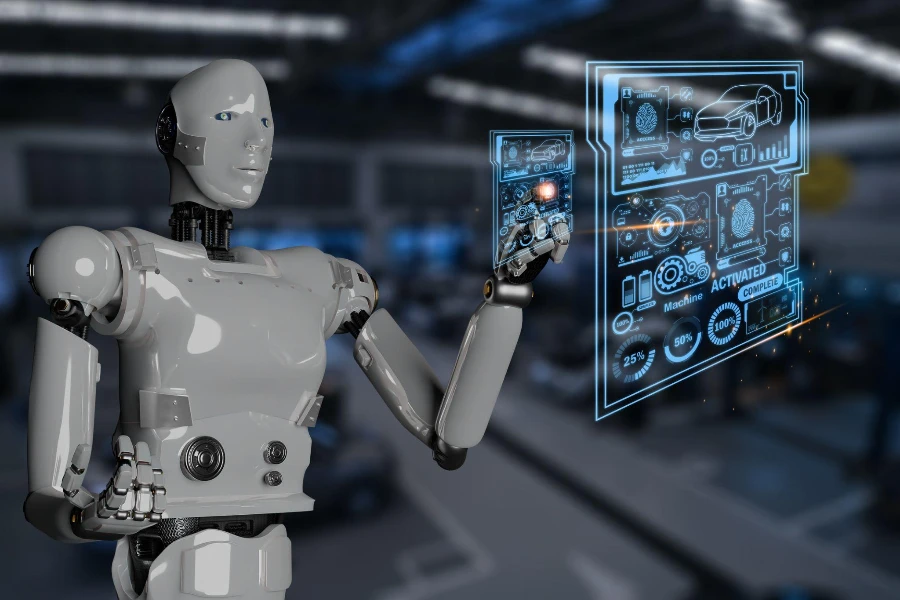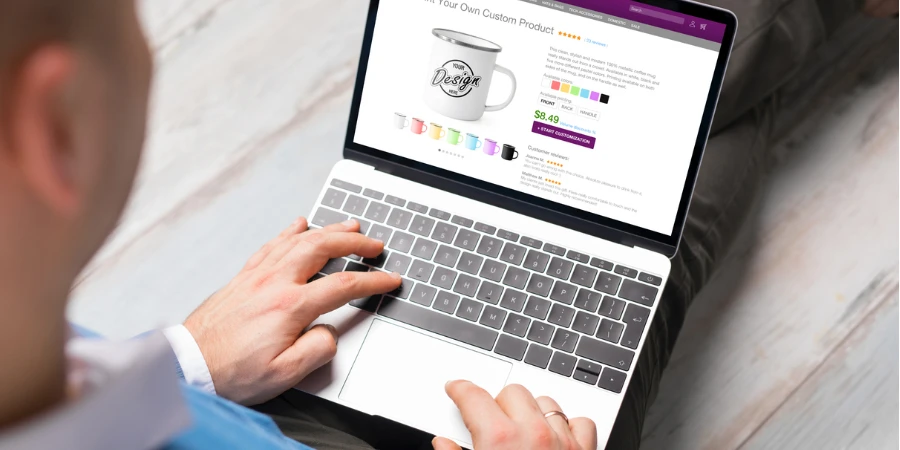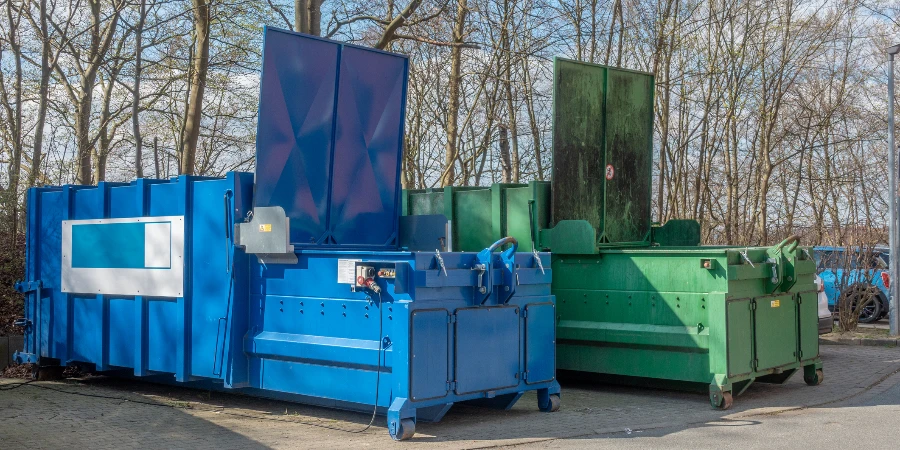In an era where personalization is not just valued but expected, customized products have taken center stage, offering consumers the unique opportunity to tailor products to their specific needs and preferences. This shift towards customization is not just a trend but a reflection of the changing dynamics between consumers and products in the digital age. In this article, we will explore what customized products are, their benefits, the process behind them, the challenges they pose, and the future outlook for this innovative approach to consumer goods.
Table of Contents:
– What are customized products?
– Benefits of customized products
– The customization process
– Challenges of offering customized products
– The future of customized products
What are customized products?

Customized products are items that have been modified or created according to individual specifications provided by the customer. Unlike mass-produced goods, these products offer a level of uniqueness and personalization that reflects the consumer’s preferences, needs, or identity. The concept of customization spans various industries, from apparel and accessories to tech gadgets and home decor, allowing for an unprecedented level of personal involvement in the creation process.
In recent years, the rise of digital technology has significantly expanded the possibilities for product customization. Advanced manufacturing techniques, such as 3D printing and laser engraving, alongside sophisticated online platforms, enable customers to specify their requirements with great detail and precision. This shift has democratized the access to customized goods, making them more affordable and accessible to a broader audience.
The appeal of customized products lies in their ability to resonate on a personal level with consumers. By being part of the creation process, customers feel a stronger connection to the product, often perceiving it as more valuable than its off-the-shelf counterparts. This emotional engagement is a key factor driving the popularity of customized goods in today’s market.
Benefits of customized products

The benefits of customized products extend beyond the emotional appeal, offering tangible advantages for both consumers and businesses. For consumers, the primary benefit is the satisfaction of owning something truly unique. This exclusivity caters to the desire for differentiation, allowing individuals to express their personality and style through the items they own.
From a business perspective, offering customized products can significantly enhance brand loyalty and customer engagement. Personalized experiences are highly valued by consumers, and by meeting these expectations, businesses can foster a deeper connection with their audience. Moreover, the data gathered through the customization process provides valuable insights into customer preferences, enabling companies to refine their offerings and marketing strategies more effectively.
Additionally, customized products often command a higher price point, reflecting the added value of personalization. This can lead to increased profitability for businesses willing to invest in the infrastructure and technology required to offer such services. The ability to charge a premium for customized goods also underscores the shift in consumer behavior, where value is increasingly defined by personal relevance rather than just price.
The customization process

The process of creating a customized product involves several key steps, starting with the initial customer input. This can range from selecting colors and materials to specifying dimensions or adding personalized text. Advanced customization options may even allow customers to alter the design or functionality of the product to suit their specific needs.
Once the customer’s specifications are received, businesses use a combination of technology and craftsmanship to bring the personalized product to life. This may involve computer-aided design (CAD) software, 3D printing, or traditional handcrafting techniques, depending on the nature of the product and the level of customization required. The goal is to translate the customer’s vision into a tangible item with precision and accuracy.
Quality control is a critical aspect of the customization process, as each product must be individually inspected to ensure it meets the specified requirements. This attention to detail is essential for maintaining customer satisfaction and trust, especially when dealing with high expectations for personalized items. The logistical challenges of delivering customized products, from manufacturing to shipping, also require careful management to ensure a seamless customer experience.
Challenges of offering customized products

While the benefits of customized products are clear, offering such items also presents several challenges for businesses. The complexity of managing a customization service can be significant, requiring investments in technology, training, and logistics. Each customized order demands more time and resources than a standard product, impacting production efficiency and costs.
Maintaining quality and consistency is another major challenge, as the variability of customized products makes it difficult to standardize processes and outcomes. This can lead to increased error rates and customer dissatisfaction if not managed effectively. Furthermore, the need to store and protect customer data, including preferences and personal information, raises privacy and security concerns that must be addressed.
Despite these challenges, the demand for customized products continues to grow, driven by consumer desire for personalization and uniqueness. Businesses willing to navigate these complexities can differentiate themselves in a crowded market, building stronger relationships with their customers through personalized offerings.
The future of customized products

Looking ahead, the future of customized products appears bright, with advancements in technology and manufacturing opening up new possibilities for personalization. Innovations in artificial intelligence and machine learning could streamline the customization process, making it more efficient and accessible. At the same time, the growing emphasis on sustainability and ethical consumption may lead to increased demand for customized products that reflect individual values and ethical choices.
As consumers continue to seek out unique and meaningful products, customization will likely play an increasingly important role in the marketplace. Businesses that can effectively meet this demand, while overcoming the inherent challenges, will be well-positioned to thrive in the evolving landscape of consumer goods.
Conclusion:
Customized products represent a significant shift in the relationship between consumers and the products they choose to bring into their lives. Offering a blend of uniqueness, personal relevance, and emotional engagement, these personalized items cater to the modern consumer’s desire for differentiation and self-expression. Despite the challenges involved, the benefits for both businesses and consumers are clear, pointing to a future where customization becomes a standard expectation rather than a luxury option. As we move forward, the world of customized products will continue to evolve, reshaping our understanding of value, identity, and personalization in the consumer market.








